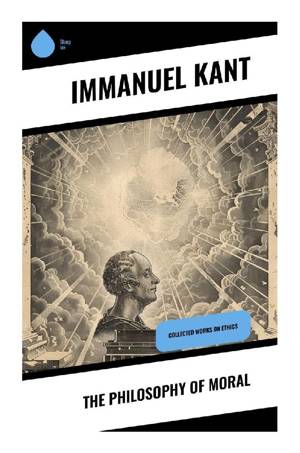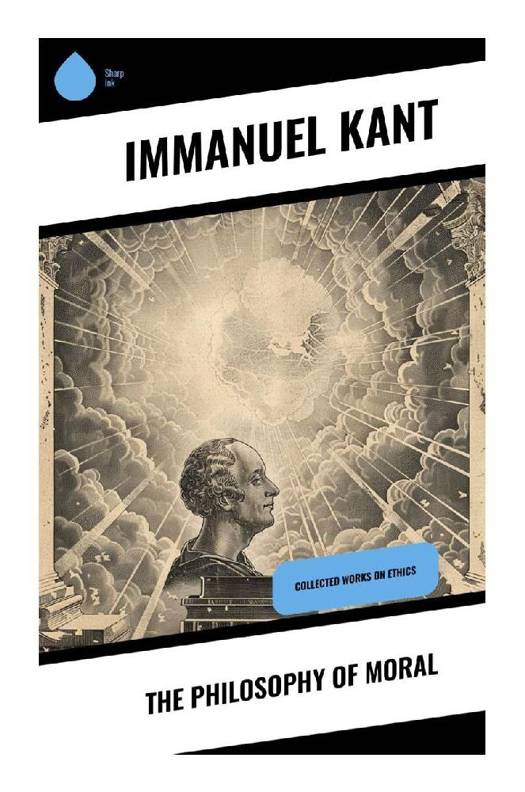
Door een staking bij bpost kan je online bestelling op dit moment iets langer onderweg zijn dan voorzien. Dringend iets nodig? Onze winkels ontvangen jou met open armen!
- Afhalen na 1 uur in een winkel met voorraad
- Gratis thuislevering in België vanaf € 30
- Ruim aanbod met 7 miljoen producten
Door een staking bij bpost kan je online bestelling op dit moment iets langer onderweg zijn dan voorzien. Dringend iets nodig? Onze winkels ontvangen jou met open armen!
- Afhalen na 1 uur in een winkel met voorraad
- Gratis thuislevering in België vanaf € 30
- Ruim aanbod met 7 miljoen producten
Zoeken
€ 20,95
+ 41 punten
Omschrijving
Immanuel Kant's "The Philosophy of Moral" delves into the complex terrain of ethics, presenting a rigorous framework for understanding moral duty and human agency. With a distinctive blend of rational analysis and philosophical inquiry, Kant articulates his notion of the categorical imperative, positing that moral actions are guided not by consequence but by a universalizable principle of ethics. His profound exploration into autonomy, reason, and moral law is situated in the context of the Enlightenment, reflecting the period's emphasis on rational thought and individual rights. The text serves as a cornerstone of modern moral philosophy, challenging readers to reconcile subjective experiences with objective ethical standards. Kant, a pivotal figure in Western philosophy, lived during the 18th century in Prussia, a time ripe with intellectual upheaval. His experiences, including the influences of Rationalism and Empiricism, shaped his desire to explore the foundations of knowledge and ethics. As a lifelong thinker dedicated to understanding the principles guiding human conduct, Kant's moral philosophy emerged as a response to the uncertainty of his age, urging a disciplined approach to ethical behavior that transcends personal inclination. For anyone seeking a comprehensive understanding of moral philosophy, "The Philosophy of Moral" is an essential text that not only introduces Kant's ideas but challenges readers to critically evaluate their own moral frameworks. This work is indispensable for scholars, students, and laypeople alike, inviting an examination of the ethical dimensions that underpin human coexistence.
Specificaties
Betrokkenen
- Auteur(s):
- Uitgeverij:
Inhoud
- Aantal bladzijden:
- 404
- Taal:
- Engels
Eigenschappen
- Productcode (EAN):
- 9788028372521
- Uitvoering:
- Paperback
- Afmetingen:
- 152 mm x 229 mm
- Gewicht:
- 563 g

Alleen bij Standaard Boekhandel
+ 41 punten op je klantenkaart van Standaard Boekhandel
Beoordelingen
We publiceren alleen reviews die voldoen aan de voorwaarden voor reviews. Bekijk onze voorwaarden voor reviews.











